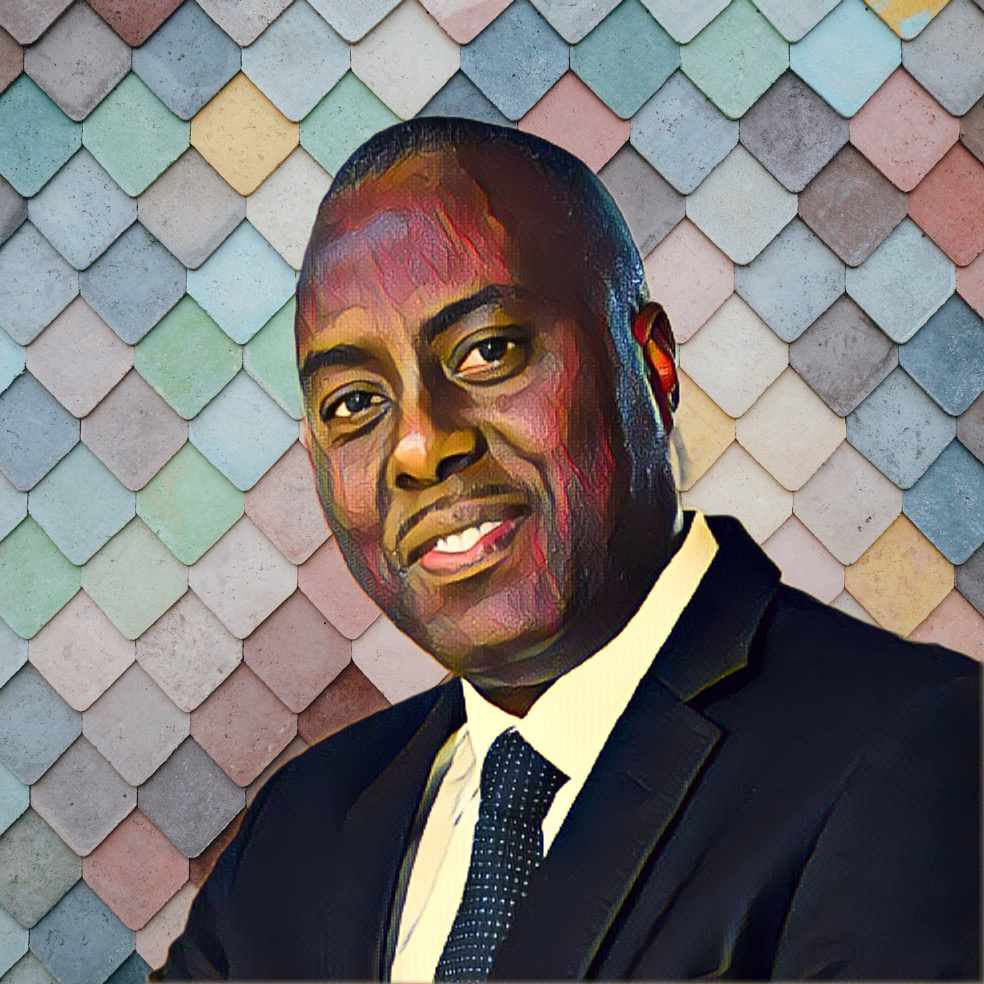South Africa has stated it has no authority to relocate the Southern African Development Community (SADC) Summit from Zimbabwe, dismissing rising calls to shift the venue due to human rights concerns. The declaration was made by South African Minister of International Relations and Cooperation, Naledi Pandor, amid increasing pressure from civil society organizations and opposition groups.
Several critics argue that holding the summit in Zimbabwe would legitimize President Emmerson Mnangagwa’s government, which they accuse of suppressing dissent and violating human rights. These allegations stem from recent elections that were marred by claims of voter intimidation, a lack of transparency, and violence against opposition supporters.
Minister Pandor, speaking to the media, emphasized that South Africa does not have the mandate to alter the venue of the summit, as the decision lies solely within the collective purview of SADC member states. She reiterated that SADC operates on a principle of consensus, meaning that all member nations must agree on any changes, including shifting the summit’s location.
Pandor also noted that Zimbabwe remains a full member of SADC and has the right to host the summit as scheduled. She warned against making unilateral decisions that could destabilize the region, stressing the importance of unity and cooperation among member states.
The upcoming SADC Summit, scheduled to take place in Harare, has drawn significant attention due to the contentious political climate in Zimbabwe. The country has been grappling with economic challenges, hyperinflation, and widespread poverty, which critics say are exacerbated by government corruption and mismanagement.
Despite these concerns, SADC has continued to support Zimbabwe, with many leaders in the region advocating for dialogue and engagement rather than isolation. This stance has frustrated some opposition groups, who feel that the regional body is not doing enough to address the human rights abuses allegedly perpetrated by Mnangagwa’s government.
The pressure to move the summit has also been fueled by international advocacy groups, who argue that holding the event in Zimbabwe would send the wrong message about SADC’s commitment to democratic principles and human rights. However, South Africa’s firm stance suggests that the summit will proceed as planned, with leaders focusing on regional issues such as economic development, peace, and security.
In her closing remarks, Pandor expressed hope that the summit would be an opportunity for SADC members to address pressing challenges in the region and work towards solutions that benefit all member states. She emphasized that the summit should be viewed as a platform for constructive dialogue rather than a forum for divisive rhetoric.
As the date of the summit approaches, all eyes will be on Harare to see how the event unfolds and whether it will lead to meaningful progress in addressing the region’s most pressing issues.
Source: newzimbabwe.com


